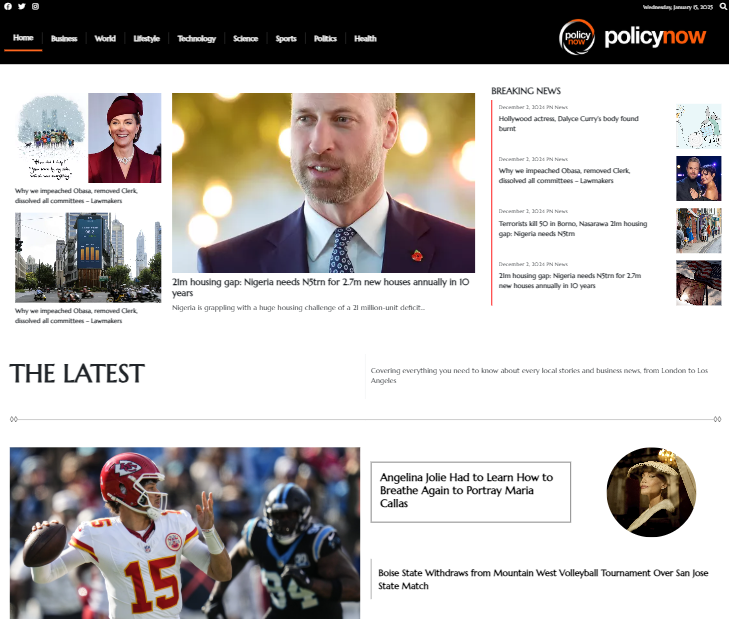Cross-Border Mergers: Challenges and Opportunities in a Globalized Economy
Cross-Border Mergers 2025
Published date : January 21, 2025 PN News

As businesses look to expand and diversify in 2025, cross-border mergers and acquisitions (M&A) have become an essential strategy for gaining competitive advantages in global markets. These transactions enable companies to enter new markets, access valuable resources, and leverage diverse talent pools. However, despite their potential for success, cross-border mergers come with their own set of challenges that must be navigated carefully. This article delves into the key challenges and opportunities associated with cross-border mergers in today’s increasingly interconnected economy. The Rise of Cross-Border Mergers in 2025 The global economy is more interconnected than ever, making cross-border M&A deals a growing trend in 2025. As businesses seek to expand beyond their home markets, mergers with international companies provide a way to enhance global presence, tap into new consumer bases, and benefit from economies of scale. Technology, healthcare, and consumer goods sectors are among the most active in pursuing cross-border mergers as companies look to take advantage of new market opportunities. However, while the opportunities are significant, the challenges of executing successful cross-border mergers require careful planning and strategy. Key Challenges in Cross-Border Mergers Cultural Differences One of the most significant hurdles in cross-border mergers is navigating cultural differences. Differences in business practices, communication styles, and organizational cultures can create friction and lead to misunderstandings between merging companies. Failure to bridge cultural divides can negatively impact employee morale, customer satisfaction, and overall business performance. To overcome this challenge, companies must invest in cultural integration programs and establish clear communication channels to align their teams and values. Understanding the local culture and adapting to it is essential for a successful merger. Regulatory and Legal Complexities Regulatory environments vary significantly from one country to another, and navigating these complexities is one of the biggest challenges in cross-border mergers. Companies must comply with a range of national and international regulations, including antitrust laws, labor regulations, and tax codes. In some cases, regulators may block or delay mergers due to concerns about market monopolies, foreign ownership, or national security. Additionally, laws regarding data privacy, intellectual property, and environmental standards must be carefully considered. Working closely with legal advisors and regulatory experts is crucial to ensure compliance and avoid costly delays. Currency Fluctuations and Financial Risks Cross-border mergers often involve significant financial risks due to currency fluctuations. Companies operating in different currencies must carefully assess the potential impact of exchange rate volatility on the value of their deal. Additionally, economic instability in the target country or region could affect the long-term profitability of the merger. To mitigate these risks, companies can employ hedging strategies and closely monitor macroeconomic indicators to make informed decisions about the timing and structure of the deal. Integration of Systems and Operations Once the deal is complete, integrating systems, processes, and operations from both companies can be a complex and time-consuming task. Differences in technology platforms, business processes, and supply chains can lead to inefficiencies and operational disruptions. Successful integration requires careful planning, strong leadership, and a dedicated team focused on aligning operations. Companies should prioritize harmonizing IT systems, employee benefits, and customer service to create a seamless transition and avoid disruptions. Opportunities in Cross-Border Mergers Despite these challenges, cross-border mergers present several unique opportunities for companies looking to expand and innovate. Market Expansion and Access to New Customers Cross-border mergers enable companies to enter new geographic markets quickly and efficiently. By acquiring an existing player in the target market, businesses can leverage the local company's established customer base, distribution networks, and market knowledge. This gives them a competitive edge in expanding their reach without having to build these connections from scratch. Access to New Talent and Innovation Merging with a company in a different country provides access to new talent pools and diverse skill sets. Companies can tap into global talent to strengthen their leadership team, R&D capabilities, and innovation efforts. Cross-border mergers also enable access to cutting-edge technologies and new business models that can drive growth and transformation. Increased Economies of Scale By combining operations with a larger, international company, cross-border mergers can result in significant economies of scale. Cost-saving opportunities arise from streamlining production, reducing overhead costs, and negotiating better terms with suppliers and partners. These efficiencies can help both companies become more competitive in the global market. Enhanced Competitive Advantage In a globalized economy, cross-border mergers allow companies to strengthen their competitive positioning by pooling resources, technologies, and market expertise. A larger, more diversified company is better positioned to navigate market fluctuations, regulatory changes, and customer demands, ensuring long-term success. The Future of Cross-Border Mergers As global markets continue to evolve, cross-border mergers will remain an essential strategy for companies seeking to innovate, expand, and stay competitive. With advancements in technology, increased focus on sustainability, and shifting regulatory environments, businesses must remain adaptable and proactive in their approach to cross-border mergers. By understanding the challenges and seizing the opportunities, companies can navigate the complexities of cross-border mergers and successfully capitalize on global market growth.

Subscribe to our E-EDITIONS
Subscribe to our digital E-Editions here, and enjoy access to the exact replica of policy now Newspapers publications.

